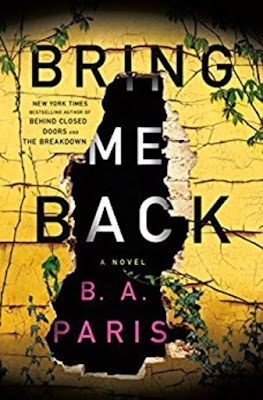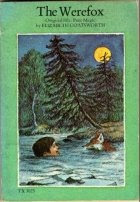205. An Elephant in the Garden by Michael Morpurgo
 An Elephant in the Garden by Michael Morpurgo. illustrated by Michael Foreman (Canada) - (USA)
An Elephant in the Garden by Michael Morpurgo. illustrated by Michael Foreman (Canada) - (USA)Pages: 233 pages
Ages: 8+
Finished: Sept. 29, 2010
First Published: May 27, 2010, UK (Jun 28, 2010 CAN)
Publisher: Harper Collins UK
Genre: Children, historical fiction, animal story
Rating: 3.5/5
First sentence:
To tell the truth, I don't think Lizzie would ever have told us her elephant story at all, if Karl had not been called Karl.
Acquired: Received a review copy from Harper Collins Canada.
Reason for Reading: I like the author and would simply read anything he wrote.
This story set during WWII is from a perspective which I don't read much of, that of the everyday German family. I have read books from the German perspective but usually they are hiding Jews and that would be the focus of the story. An Elephant in the Garden does not really explore the War itself very much, outside of what this middle class pacifist family would know from the propaganda they were fed. Before the war actually starts they have had a heated argument with their closest relatives who have said they never want to see them again as they believe Hitler will be good for the country and our family, living in Dresden think he is a madman. War starts and Papi is called to active duty, sent to fight in France and later in Russia. Mutti has gotten herself a job working at the local zoo which is a walkable distance from their home. With this background, we enter the main theme of the book as the Allies are winning, drawing nearer to the cities, and then Dresden is bombed to a pile of ash. Mutti, Karl and Elizabeth leave the city as many refugees do as they have the Americans coming from one side and the Russians from the other and no one wants to suffer at the hands of the Russians. So they all head towards the Americans, but Mutti feels she must bring Marlene with her, a very sad, grieving baby elephant whose mother died several months ago. Mutti has known her since she was born. Marlene has been living in their garden overnights and has become a part of the family. It is a hard journey for any refugee as they trudge for weeks through the snow, rationing a dwindling supply of food, with the Russians ever present at their back but with an elephant along this brings added elements both bad and good.
This is a delightful story but wasn't as good as I was expecting it to be. It was a very quiet story, with interesting things happening but without any buildup to a big climax; it simply told a fascinating story with a calm approach. From the point of the German family it was a bit strange as the war as a whole was not a topic, only how it affected them: loosing Papi to the army and then the penultimate loss of house and home from the bombings. Hitler is mentioned twice by German characters who vehemently despised everything he stood for. Otherwise this could have been any war and I think there are two ways of understanding this story.
One, from the everyday German civilian's point of view who suffered as much as any Allied civilian who had his town bombed to smithereens. This reminds us that wars are started by governments not the civilians. Second, the story focuses on the refugee status of the family, the long journey to safety, and upon safety being labeled "displaced persons" and put into a fenced-in camp. This compares to the modern day war refugees we see on TV today who have been driven from their homes and shows that refugeeism is a fall-out from war itself and has happened in every war to both sides, throughout history.
A good read. Marlene the elephant adds humour and quirkiness to the story, she also brings people together who would not otherwise have spoken to each other. But yet, with all that goes on, it is still a quiet book that goes at a steady pace and lingers.


This comment has been removed by a blog administrator.
ReplyDeleteGood try daphne sy! That is a quote by Mal Peet printed in the Guardian. Don't leave links to your site couched in an uncredited quote when you have a blocked profile.
ReplyDeleteI'll be deleting your comments from now on unless you refrain from linking to your site, comment in your own words and have a visible profile.